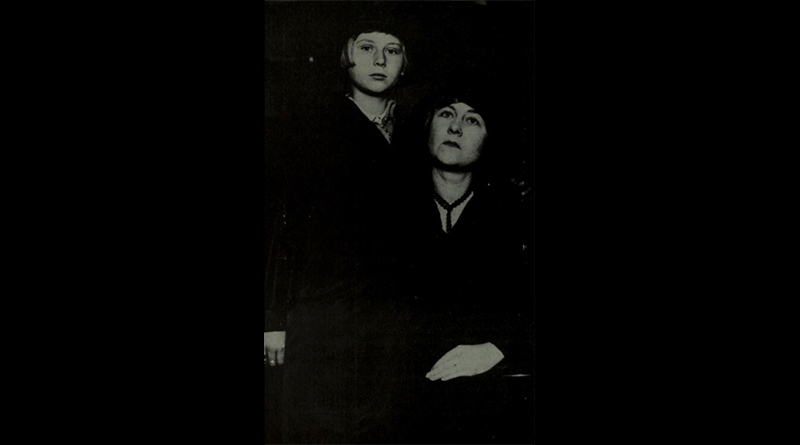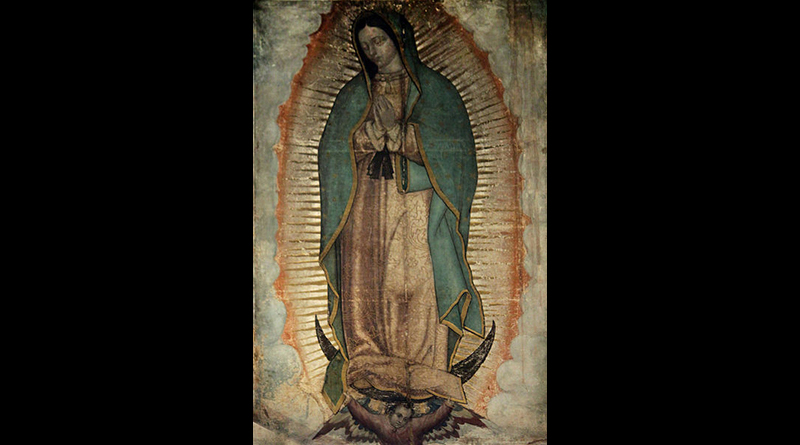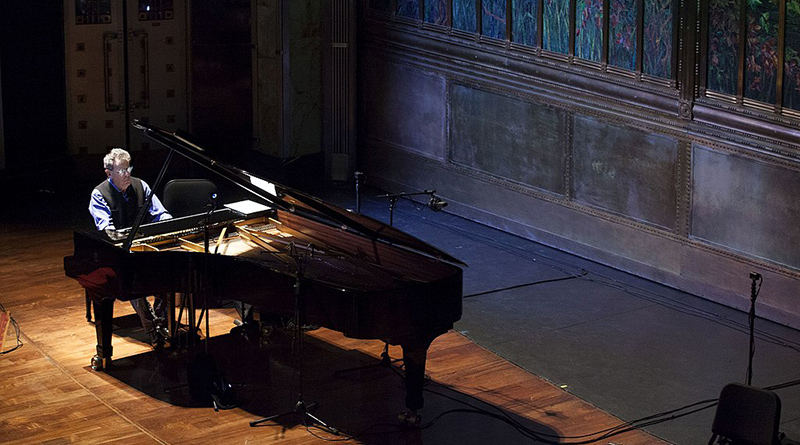It was a long day in court, with much happening before the defense for Mrs. Snyder rested and the defense of Gray began with the immediate production of Henry Judd.
Out of the dark tangles of this bloody morass there stepped for a brief moment a wraith-like little figure all in black — Lorraine Snyder, the nine-year-old daughter of the blond woman and the dead art editor. She was, please God, such a fleeting little shadow that one had scarcely stopped gulping over her appearance before she was gone.
She was asked just three questions by Hazleton as she sat in the big witness chair, a wide-brimmed black hat shading her tiny face, her presence there, it seemed to me, a reproach to civilization.
Justice Scudder called the little girl to his side, and she stood looking bravely into his eyes, the saddest, the most tragic little figure, my friends, ever viewed by gods or men.
‘You understand, don’t you, that you have to tell the truth?’ asked Justice Scudder kindly. I thought he was going to seize the child in his arms.
‘Yes,’ she said faintly.
‘Then sit right down there and listen carefully,’ said Justice Scudder. ‘If you do not understand the question just say, “I do not understand.” Lean back in the chair and be comfortable. The Court rules the child shall not be sworn.’
So she sat down and the jurors gazed at her and everybody in the room felt like bawling. Mrs. Snyder gasped and shed tears when her child appeared — tears that probably came from her heart.
She hasn’t seen Lorraine since her arrest. I doubt if Lorraine saw her mother across the big room or that the child fully comprehended where she was. Surely she could not know that all these strange-looking men gathered there were trying to kill her mother. It was a relief when Lorraine left the stand. Two minutes more and they would have been short one reporter in the press section.
‘Lorraine,’ said Hazleton, ‘do you remember the morning your mother called you?’
‘Yes, sir.’
‘Was it daylight or dark?’
‘Light.’
‘And how long after she called you did you call the Mulhausers?’
‘Right away,’ piped the child.
‘That’s all,’ said Hazleton.
‘Not one question by the district attorney, Your Honor,’ said Newcombe.
‘No questions,’ said Miller of Gray’s counsel.
Thereafter while Gray was being examined, Mrs. Snyder sat with her elbows on the table, her head bowed, a picture of dejection as great as that presented by Gray for some days. The child seemed to have touched her heart, and the defiant pride with which she has faced her accusers disappeared.
Finally the head came up again and the greenish blue eyes, a bit watery, were leveled on Gray, but it soon drooped once more. The woman seemed a picture of remorse. One-tenth the thoughts she was giving to Lorraine at that moment applied three months ago would have kept her out of that court room. — Damon Runyon, from his essay “The ‘Perfect’ Crime that Was Unspeakably Dumb,” from the book Solved! Famous Mystery Writers On Classic True Crime Cases by Richard Glyn Jones (read for free)





